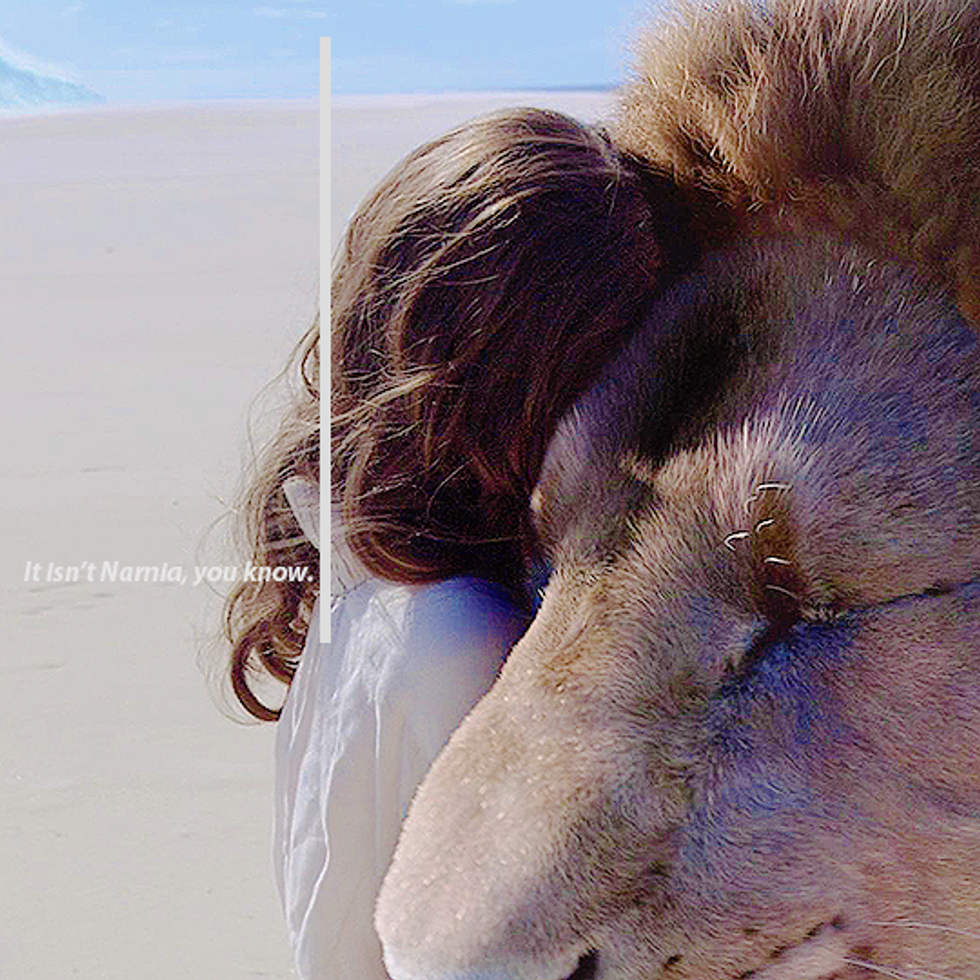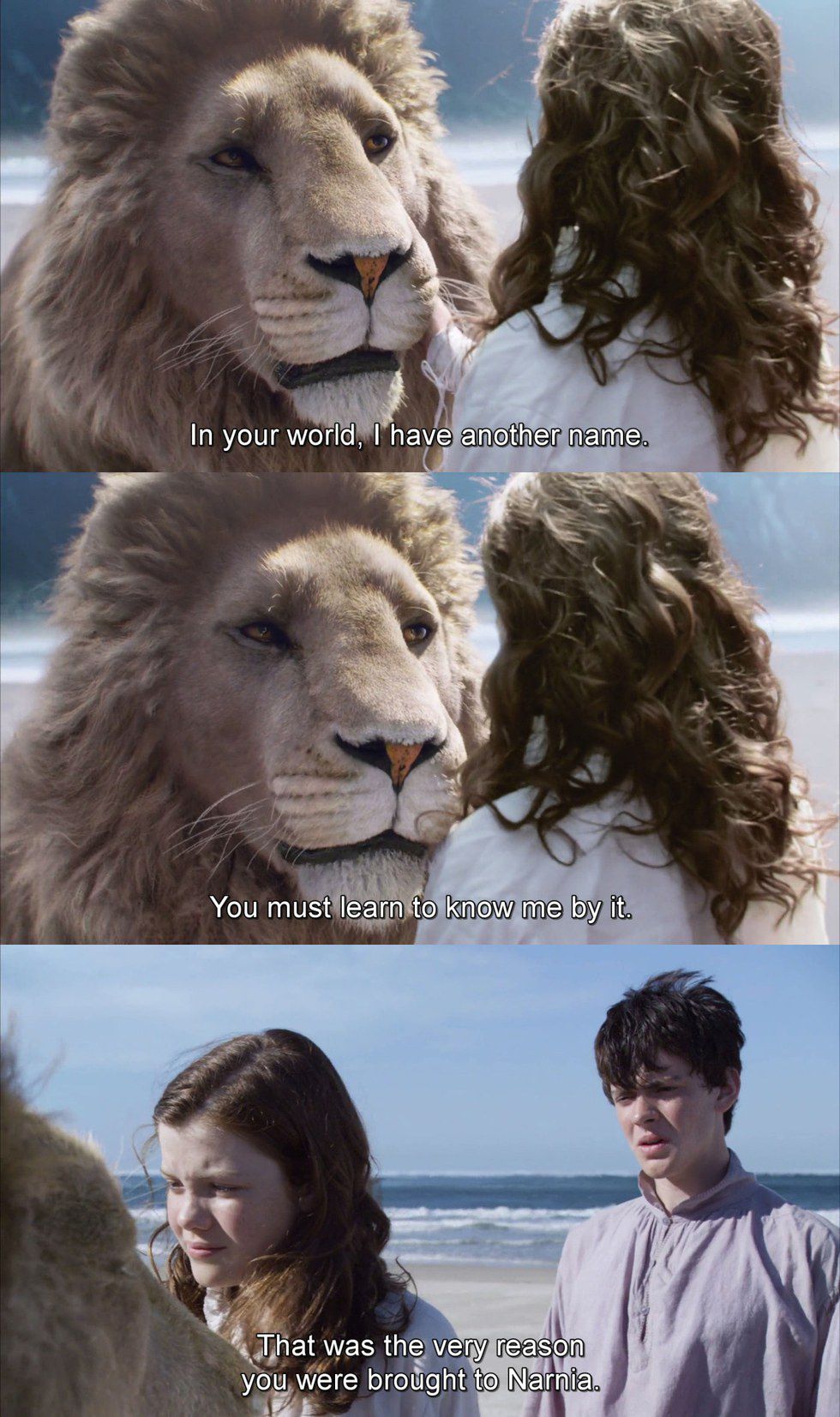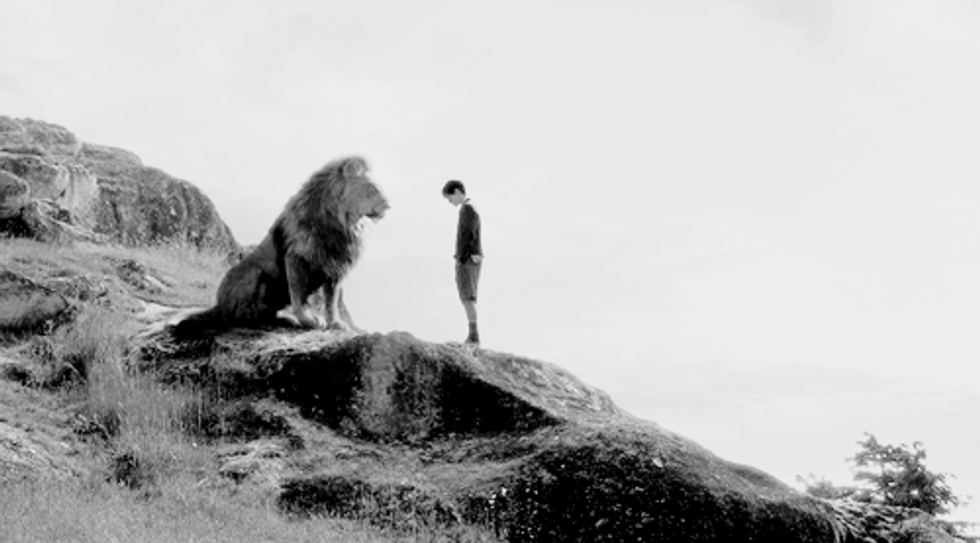When I was little, every night my dad would come into my room when he got home from work and he would read me a chapter of some book. We picked out all kinds of classics that we would read together until that fateful moment when my dad, exhausted from his day of actually working and I, exhausted from my day of running around without ceasing, would fall asleep. Probably my favorite of the books we all read together was C.S. Lewis’s famous "The Lion, The Witch, and The Wardrobe." The evil queen scared the daylights out of me, but the story seemed to captivate me for at least the short period of time that I was awake for it.
Recommended for you
Today, the words I listened to my dad read from that book still stand true. In fact, the older I got the more books from that series I read, until eventually I had read the entire collection. C.S. Lewis, as we all know, is perhaps one of the most renowned theologians of human history, with such great insight and meaningful metaphors with every book he wrote. As my faith matured over time, I realized how this story of these four cool kids in this magical land of Narnia, friends with a really awesome lion, symbolized the Christian faith. As the series progresses, the kids encounter all kinds of danger, are helped by all kinds of people (and animals...and things), and listen to the words that their mentor Aslan taught them. Aslan isn’t always with them physically, but in the end, he is the one who saves them from everything bad that comes their way.
Probably my favorite quote in all of the series (and of all time, actually) is one from the "The Last Battle," last book in the "Narnia" series. These are the last lines in the book:
“And as He spoke, He no longer looked to them like a lion; but the things that began to happen after that were so great and beautiful that I cannot write them. And for us this the end of all the stories, and we can most truly say that they all lived happily ever after. But for them it was only the beginning of the real story. All their life in this world and all their adventures in Narnia had only been the cover and the title page: now at last they were beginning Chapter One of the Great Story which no one on earth has read: which goes on for ever: in which every chapter is better than the one before.”
Spoiler alert: yes, Aslan is symbolic of Jesus. Who knew?! So when I read this quote, after reading all of the adventures of these kids in Narnia, I can’t help but be flooded with feelings of such hope and power. The imagery C.S. Lewis uses is so beautiful and complex, almost like a picture from Revelation or the mere thought of heaven coming down to Earth. Aslan completely transforms, and these beautiful things that happen are “so great and beautiful that I cannot write them.” That, my friends, is the life we will one day live. We are given a life of complex problems, a life of strife and pain, a life of confusion and anger…but it’s one that we do not have to face alone. It’s one that our “Aslan” carries us through because of his unconditional love for us. It’s one that yields grace upon grace upon grace for our screwed up selves. And in the end, after this apocalyptic disaster that will happen in our “Narnia,” the beautiful things of the world will be made new again, and we will begin this great story that no one has ever read. This will be a story that goes on for eternity, a story that is nothing but joyful, a story free of pain and suffering, a story of worshipping and having a heart exploding from the depths of the core with love.
You see, C.S. Lewis didn’t just write these stories for our enjoyment, or for dads and their 6-year-olds to fall asleep to. These stories were written so that we could understand the complexity and the simplicity of the promises God makes us.
Every chapter will be better than the one before. Promise.























